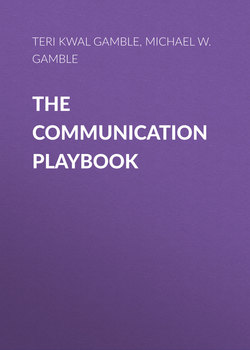Читать книгу The Communication Playbook - Teri Kwal Gamble - Страница 53
На сайте Литреса книга снята с продажи.
Cultures’ Many Faces
ОглавлениеGlobalization is the increasing economic, political, and cultural integration and interdependence of diverse cultures—the worldwide integration of humanity. Diversity, a related concept, is the recognition and valuing of difference, encompassing such factors as age, gender, race, ethnicity, ability, religion, education, marital status, sexual orientation, and income. Because the likelihood of our working and living with people from all over the world is increasing, the time is right to embrace diversity and learn about other cultures so that we refrain from unfairly stereotyping them.
An early observer of how technology affects behavior and thinking, Marshall McLuhan, predicted many years ago that our world would become a global village.5 He was right. We now are linked physically and electronically to people around the globe. Digital technology is playing its part in erasing the notion of territorial boundaries between countries, gradually eroding the idea of the term nation.
People we once considered strangers are now friends and coworkers, highlighting the importance of multiculturalism—engagement with and respect toward people from distinctly different cultures. In addition to using the Internet with increasing frequency, many of us move a number of times during our lives for personal or professional reasons.6 We also travel abroad regularly, some of us to visit relatives (one in five Americans was born abroad or has at least one parent who was), others to represent an employer, and still others to vacation. Each of these provides us with opportunities to improve cultural understanding. We don’t have to be in the diplomatic corps to assume an active role.
